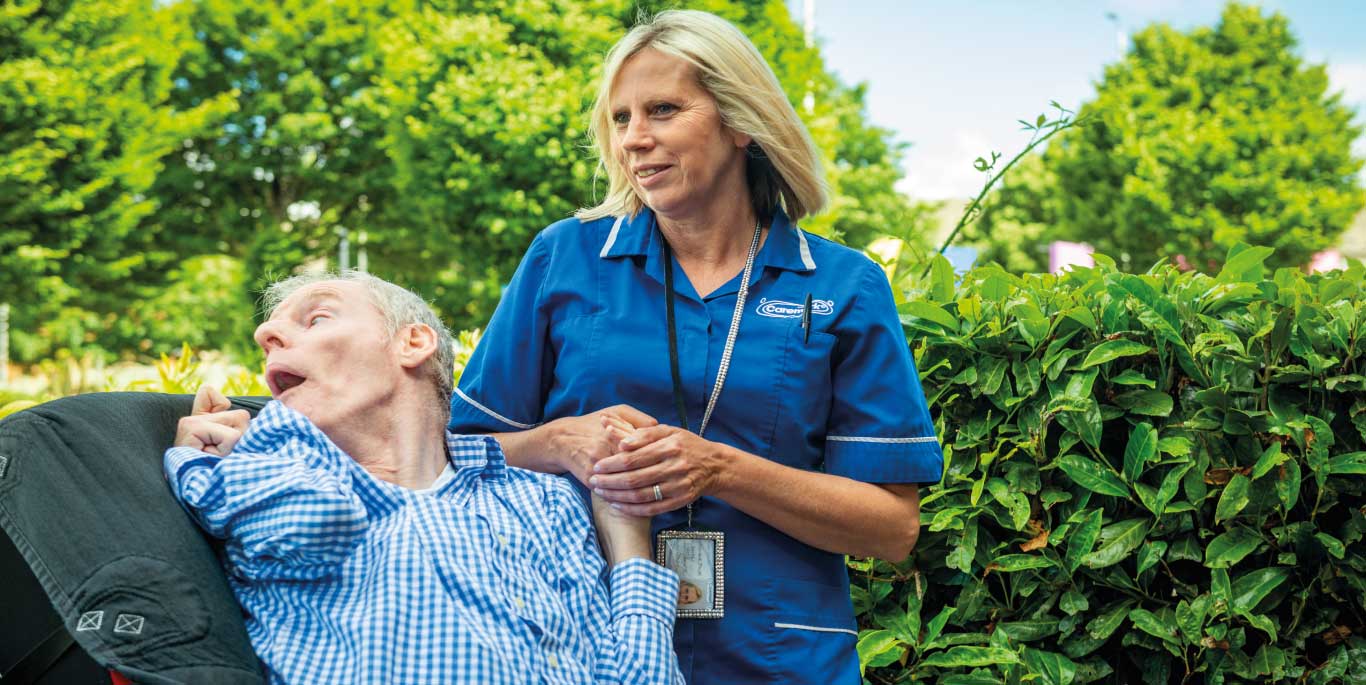NHS PERSONAL HEALTH BUDGETS ?

What are personal health budgets (PHBs)?
Information for people, families and carers
Detailed information is available on the NHS Choices website for people, family members or carers wanting to find out more about personal health budgets and eligibility.
A personal health budget is an amount of money to support the identified healthcare and wellbeing needs of an individual, which is planned and agreed between the individual, or their representative, and the local clinical commissioning group (CCG). It isn’t new money, but a different way of spending health funding to meet the needs of an individual.
Personal health budgets are one way to give people with long term health conditions and disabilities more choice and control over the money spent on meeting their health and wellbeing needs.
A personal health budget may be used for a range of things to meet agreed health and wellbeing outcomes. This can include therapies, personal care and equipment. There are some restrictions in how the budget can be spent.
Personalised care and support planning is essential to making personal health budgets work well. A personalised care and support plan helps people to identify their health and wellbeing goals, together with their local NHS team, and sets out how the budget will be spent to enable them to reach their goals and keep healthy and safe.The person with a personal health budget (or their representative) should:
- Be central in developing their personalised care and support plan and agree who is involved
- Be able to agree the health and wellbeing outcomes* they want to achieve, together with relevant health, education and social care professionals
- Get an upfront indication of how much money they have available for healthcare and support
- Have enough money in the budget to meet the health and wellbeing needs and outcomes* agreed in the personalised care and support plan
- Have the option to manage the money as a direct payment, a notional budget, a third party budget or a mix of these approaches
- Be able to use the money to meet their outcomes in ways and at times that make sense to them, as agreed in their personalised care and support plan.
*And learning outcomes for children and young people with education, health and care plans.Who can have a personal health budget?Adults eligible for NHS Continuing Healthcare and children in receipt of continuing care have had a right to have a personal health budget since October 2014.Since April 2016, there has been an expectation that personal health budgets will become available for more groups of people, including people with a learning disability and/or autism.For information about personal health budgets in your area, please refer to your local clinical commissioning group’s (CCG) website.In order to support all areas to be able to introduce personal health budgets successfully, NHS England is running an ongoing programme of support for all CCGs, as well as other relevant groups of health and social care professionals, and professionals working in the voluntary and community sector.
How have personal health budgets been evaluated?
A large scale independent evaluation was published in 2012. Some areas are continuing to monitor the results of personal health budgets via a national survey.Personal health budgets were piloted between 2009 and 2012 by over 60 primary care trusts. People offered budgets in the pilot included those receiving NHS Continuing Healthcare, people using mental health services and people with a range of long-term conditions. 20 in-depth pilot sites took part in an independent evaluation[1]. This was a controlled trial involving over 2,000 people, of whom around half had a personal health budget and the remainder were in a control group. The evaluation looked at outcomes, costs and cost-effectiveness. The study looked at a 12 month period before and after the person took up a personal health budget. The is available at www.phbe.org.uk/. The evaluation team has been commissioned by the Department of Health to explore the longer-term impact of personal health budgets.In addition a number of sites have begun to take part in the national personal budget survey[2] using the personal outcomes evaluation tool (POET) to monitor results as part of routine reviews. The tool measures user experience of personal health budgets and the impact on the lives of people and family members. The latest report was published in May 2013. It is based on responses from 195 personal health budget holders and 117 carers across 12 sites. While this is a small sample, the survey provides useful feedback on how personal health budgets are working in practice.The researchers have an FAQ section on the PHBE website which addresses queries about the research methodology.
Do personal health budgets improve outcomes?
Yes. When implemented well, people have better quality of life.The evaluation showed that personal health budgets improve care-related outcomes (such as being able to carry out activities of daily living and feeling in control) and psychological well-being. Personal health budgets made no difference to health status – but there was evidence (see below) of reduced inpatient costs which suggests potentially that people were able to manage their condition better, and have fewer crises.In the national personal budget survey, over 70% of people taking part said that having a personal health budget has had a positive impact on their independence